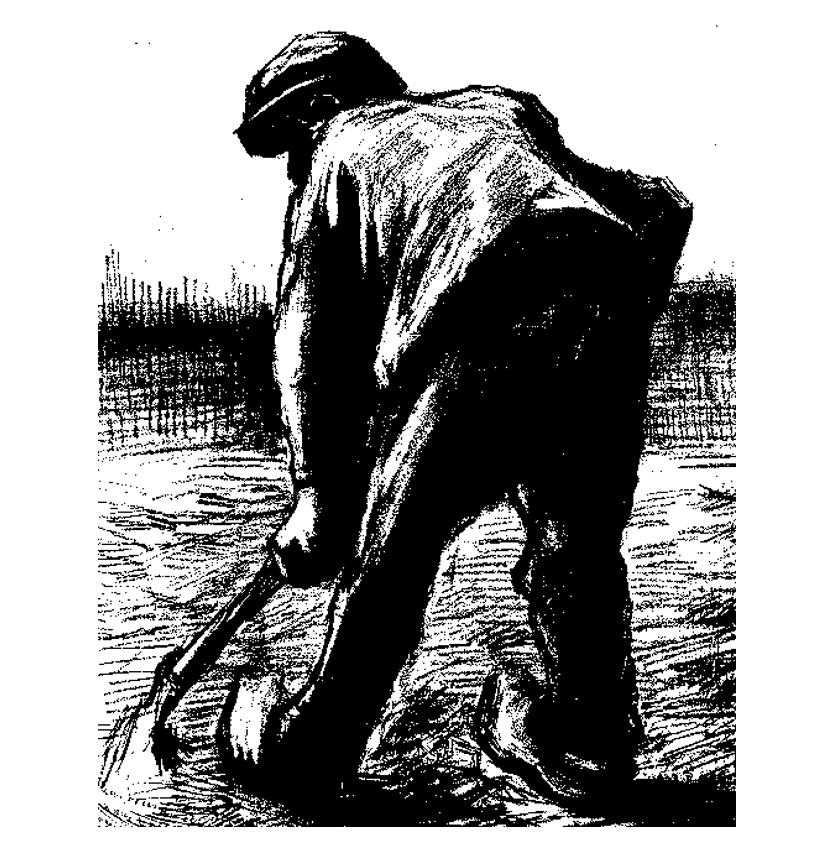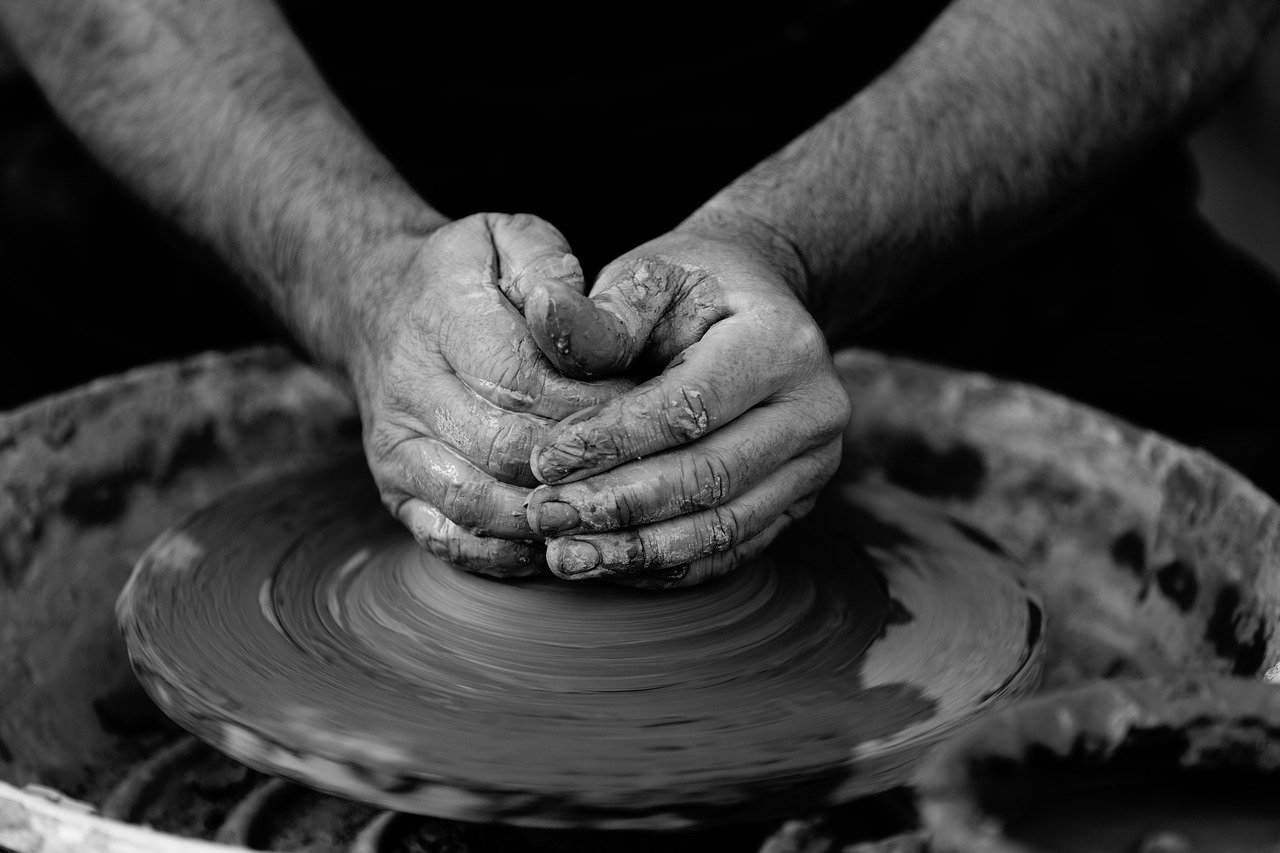Elon Musk wants you to be the ant. But make room for the grasshopper, too
Elon Musk recently suggested it is “morally wrong” to work remotely. He said it wasn’t fair for “the laptop class” to work outside the office while others toil in the factory. In the same interview, Musk said that he works seven days a week, sleeps six hours a day, and only takes a couple of days off per year.
A workaholic boss is not the best source of wisdom about the morality of work. Is there a virtue in toil? Or is the laptop class wise to phone it in?
The fable of the ant and the grasshopper comes to mind. This allegory can help us clarify our intuitions about the morality of work. The grasshopper spends the summer fiddling, while the ant labors under the hot sun. When winter comes, the anthill is stocked with food. And all the grasshopper has is memories of the music of summer.
Of course, human beings are not insects. We invent technologies to make work easier and more efficient. Repetitive tasks are mechanized. Robots do the heavy lifting. Computers and AI will make it possible for us to have even more free time.
Almost a hundred years ago, the philosopher Bertrand Russell proposed that human beings should work about four hours per day. Some work is necessary. But Russell argued that work is not an end-in-itself. The higher goods of civilization such as music, art and science are products of leisure. Russell said that only a “foolish asceticism” would make anyone insist on working in “excessive quantities.”
We should also question the distribution of leisure, income, and wealth. The mechanization revolution is uneven and unfair. While the laptop class sits at home, calloused human hands pick our food, and millionaires live off interest income. The hardest manual labor is often paid the least. The ants and grasshoppers of modern capitalism show us unfairness in the system.
Forcing folks to return to the office won’t solve the fairness problem. But the shift away from the office does create other economic problems. There are empty office buildings. And the ancillary workforce of janitors, parking attendants and coffee shop workers will lose jobs. But if office work is not necessary, we could repurpose those empty buildings, and find other jobs for those workers.
Another concern is about the social aspect of work. Laptop laborers don’t chat at the proverbial water cooler. Nor do they care about office parties or lunch meetings. There is some value in those informal chats. But the technology revolution now allows creative conversations to occur on Zoom or email.
The biggest question here is about the value of work in our conception of a good life. This takes us back to Elon Musk’s own work life. Even before his recent interview, Musk bragged about how hard he works, often sleeping at his Tesla factories. When he acquired Twitter, he slept in the office there, as well.
Some entrepreneurs may see Musk as a model to be emulated. But his life seems sad, frankly. What about family life? Or taking a hike in nature? Or a day at the beach, or a weekend music festival? And what about a summer afternoon lounging by the pool with a good book? Most of the best of human life occurs outside of work, in our free time.
Ants build impressive anthills. But the work of the creative imagination is done by grasshoppers. Humans play and sing. We don’t aspire to the drudgery of the anthill. Our playful, creative spirit gives us architecture, art, literature, music and a sense of justice. These human goods are leisure activities. It is in our free time that we are most fully human.
When the mind wanders and explores, we dream of a world beyond the anthill. These dreams led human beings to invent technologies that make life and work easier. We also imagine a world that is fairer, and more humane.
As summer approaches, it’s worth considering the value of play and free time. There is no sense in working for the sake of work. And while the workaholic bosses in the anthill may warn against the idleness of the grasshoppers, it’s worth pointing out that human beings are not insects, and that human life is richer than work.
Read more at: https://www.fresnobee.com/opinion/readers-opinion/article275806896.html#storylink=cpy




